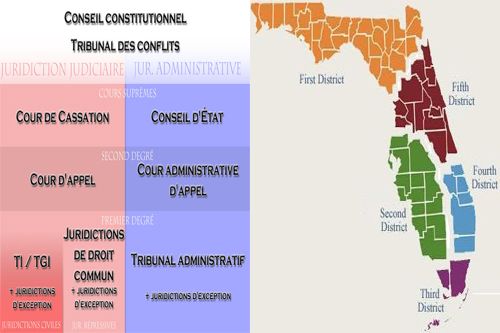Reproduction is the process of procreation by which living things produce a new organism known as “offspring” through the union of the parents’ reproductive cells in the phases of sexual or asexual means. Let’s dig into the categories of living things – Plants, Animals and Humans. The stages of reproduction when it comes to plants are different from animals and humans.
Plants undergo through what we call pollination in the manner of asexual reproduction. The stamen will produce the pollens, known as the plant’s sperm cell, located on the anther which is part of the plant’s flower. Thereafter, the pistil will release the ovules, known as the plant’s egg cell, on the ovary part in which it is the basal portion to which the ovules will remain. Pollen germinates on the Stigma once the pollens and ovules meet and the process of pollination will take place.
On the other hand, fertilization happens when the union and fusion of the gametes becomes successful, thereby producing an embryo cell that will turn into a zygote and finally grow into a fetus which is known as the offspring. The coupling of the female’s egg cell and male’s sperm cell through the sexual reproduction will compose the fundamental nature of fertilization.

